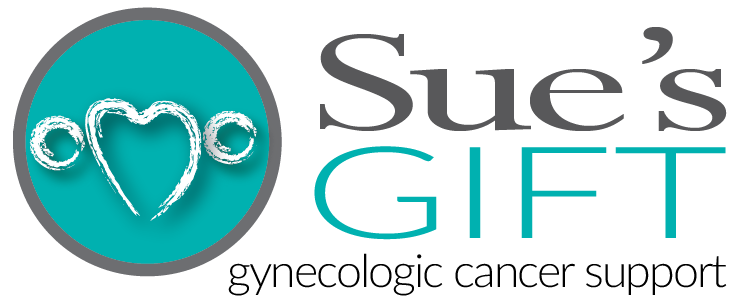Choose The Right Tool
“People who don’t use the tools given to them only injure themselves.”
Image credit @laprise45
I love gardening tools, and painting tools, and “fix it” tools. To this day, one of my favorite activities is to wander around a hardware store. I’m fascinated by the vast displays of tools for every occasion and circumstance. And every time, I’m reminded that I need the proper tool to get a job done efficiently without injuring myself or damaging the project. I love it when I can accomplish all three and consider the effort wildly successful.
Yet, I often forget to use the “right” tool, meaning the tool that will get the job accomplished quickly. As recently as last week, I was working on a project that required one part to be unscrewed from another. I couldn’t grasp the smaller part to unscrew it. It took me an embarrassing amount of time to realize that if I had noticed the two small openings in the smaller piece where a needle-nose plier would easily fit to unscrew the part, then I could have accomplished the task in 30 seconds rather than the amount of time I took to locate and try out other tools that weren’t effective.
I like to think of our coping strategies as tools in a toolbox. Some of us have few, if any, tools and certainly not an entire toolbox. Some of us have a lot of tools, but they rarely get used. Some of us may not know which tool to use in which situation.
Years ago, I had few tools. There was a time when I couldn’t tell you the difference between yoga and tai chi. I was unfamiliar with therapeutic drumming and mindfulness meditation and what benefits they could bring to my life. I didn’t know about thought-stopping, using mantras, progressive relaxation, or expressive writing.
Do you know which coping tool to use when you’re angry, depressed, overwhelmed, or anxious? Because the same coping tool will not be effective in every situation. Physical activity is often effective when one is angry. But is it effective when you are scared or anxious? And what if you cannot run a mile, work out on the treadmill, or do Pilates or Zumba? Abraham Maslow said, “If the only tool you have is a hammer, you tend to see every problem as a nail.” What if physical activity is your primary “go-to” coping strategy, and you can’t do it or it’s ineffective?
It's never too late to get a toolbox. It’s never too late to put new or forgotten tools in your toolbox. Start small. Find a few tools. Here are some ideas:
When you feel anxious, choose two or three tools: distraction, deep breathing, guided imagery, progressive relaxation, thought stopping, allocating worry time, or using mantras.
When you feel overwhelmed, choose two or three tools: list-making, mindfulness meditation, meditative coloring, nature therapy, prayer, meditation, or partializing (taking one step at a time).
When you feel depressed, choose two or three tools: talking with a support person, reading an inspirational book, taking a bubble bath, journaling, or nature therapy.
When you feel angry, choose two or three tools: exercise, taking a time-out, safe venting (hitting a pillow), therapeutic drumming, talking with a friend or counselor, or expressive writing.
There are so many tools. Learn about them. Remember to use them.
Leave feedback for the author here. (Comments are not posted online.)

